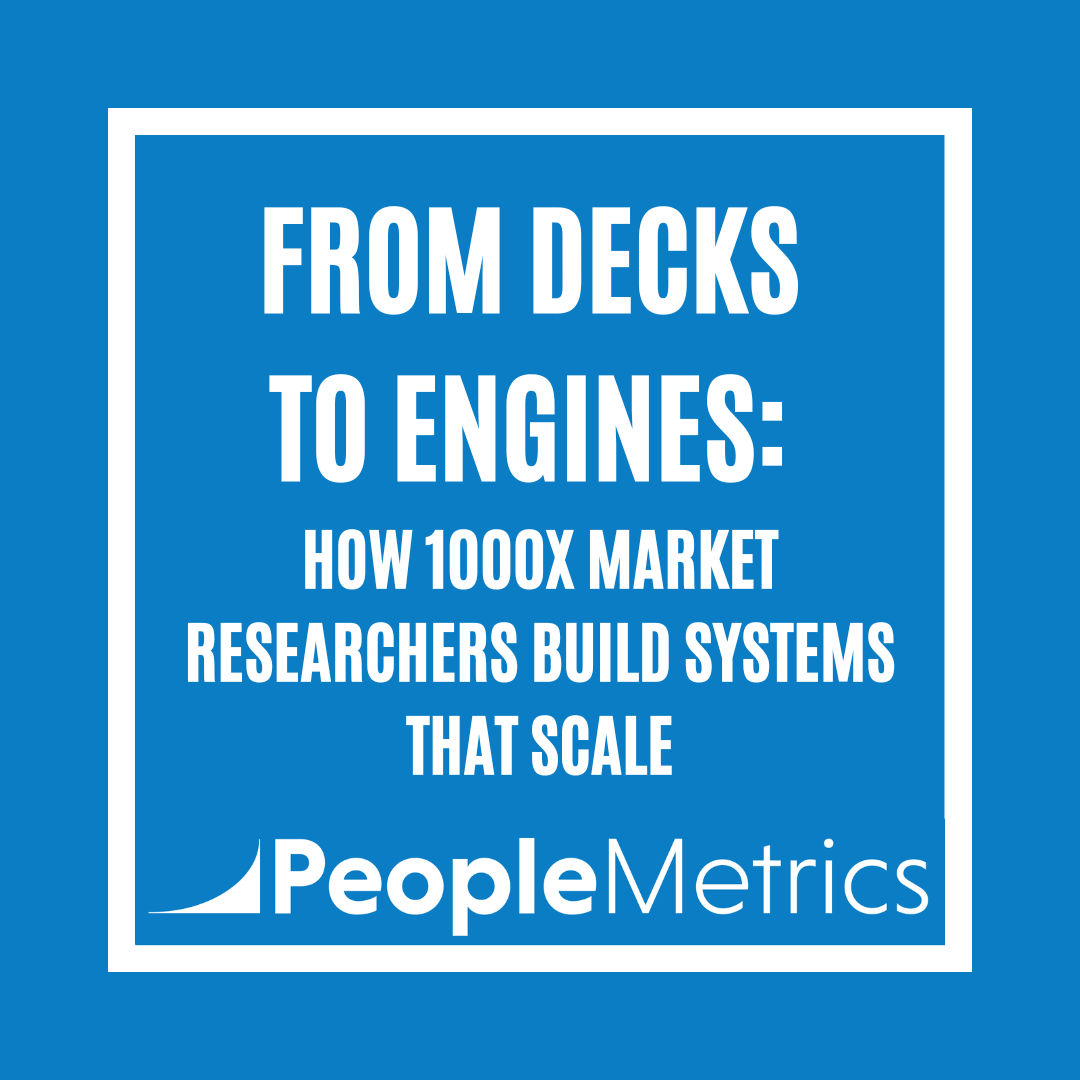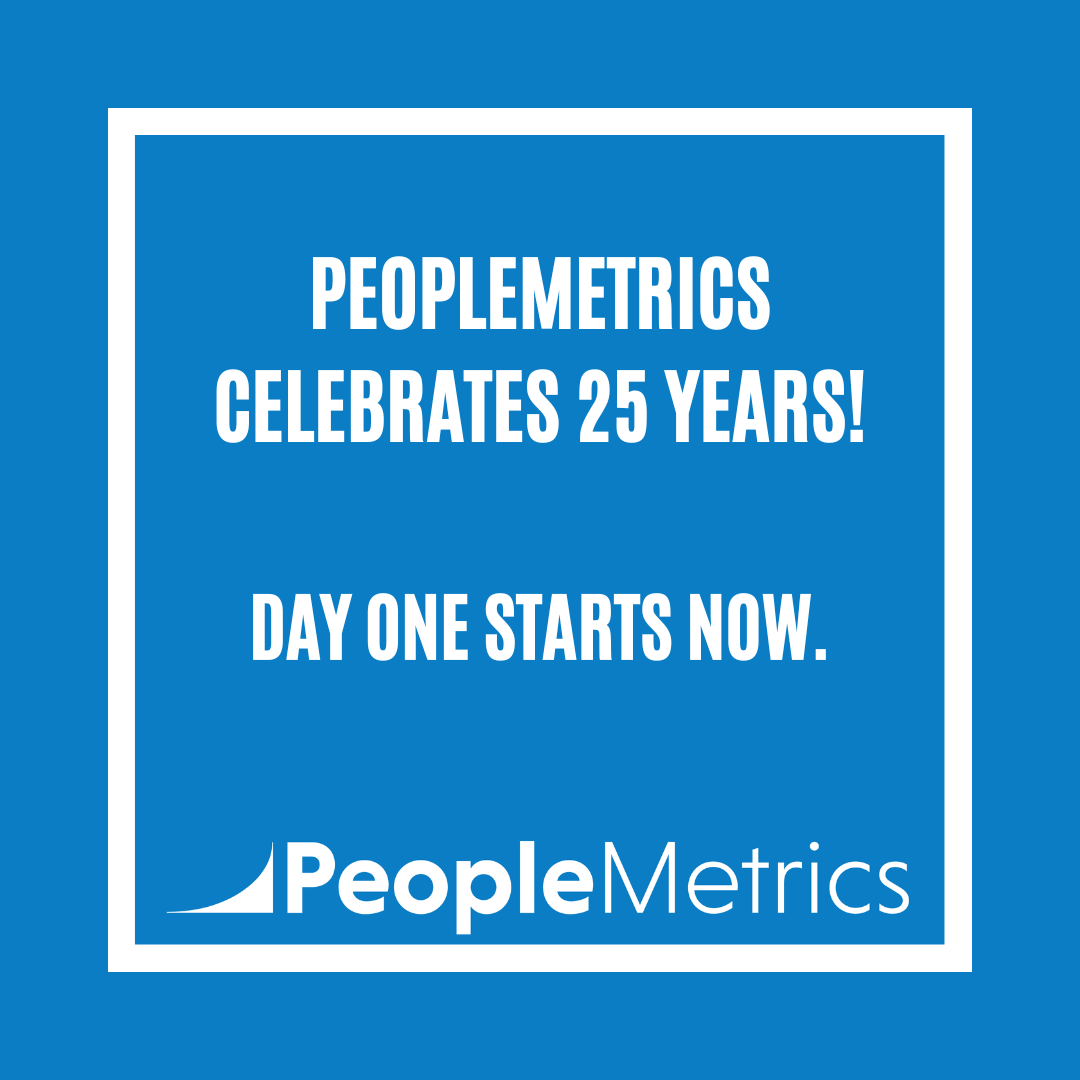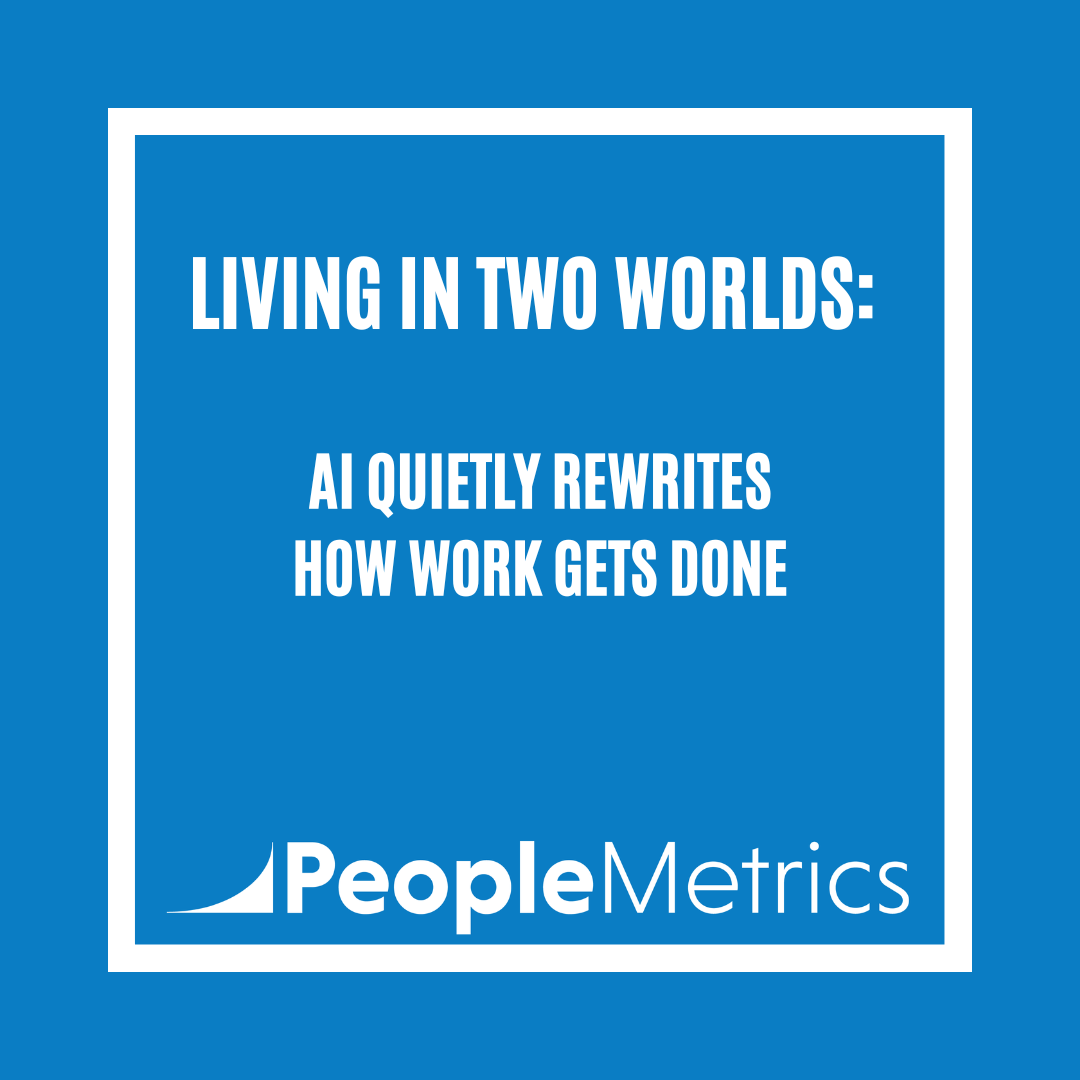Who this is for:
Market researchers, insights leaders, and CX professionals who want to deliver lasting business value, not just one-off reports.
The problem:
Traditional research runs on a “deliverable treadmill.” You design a study, collect data, build a deck, send it to the client, maybe present it, and then start from scratch next time. It works, but it’s slow, doesn’t scale, and in the AI era, it’s falling behind.
The 1000x shift:
Stop thinking “deliverables.” Start building insight engines: repeatable, secure workflows that keep producing results without starting from zero.
At PeopleMetrics, we say: engines compound, decks expire.
Why decks fail (and engines win)
-
Deck shelf-life: 48 hours. Stakeholders skim, forward once, and forget. The same questions reappear, and you rebuild the same slides.
-
Engines flip the script: One design, many runs, continuously improved. Less formatting, more thinking.
What a real insight engine looks like
-
Modular brand tracker: Charts linked to live data update instantly. Your time goes into “what changed and why,” not rebuilding.
-
Living interview library: IDIs captured with Fireflies.ai, securely processed in ChatGPT Team, tagged in Notion so you can instantly surface “first-time buyer + onboarding pain” across studies.
-
Prompt-driven reporting: A single secure prompt turns any dataset into a topline report with insights, stakeholder-specific recommendations, and an outline in minutes.
-
Reusable story kit: Key insights stored with headline, proof, quote, implication, ready to become one-pagers, exec briefs, or other formats without rework.
How to build your first engine this month
-
Choose the loop: Recurring survey? Monthly VoC? Quarterly debriefs?
-
Standardize inputs: Where does the data land? (Fireflies, dashboards, exports)
-
Codify the pass: One secure ChatGPT Team prompt for synthesis; one outline for all.
-
Store the outputs: Tag insights/quotes in Notion (or similar) for instant retrieval.
-
Productize the story: Use a one-pager or exec brief template. Bonus points for automating with Lovable or Replit.
Rule #1: Keep it in a secure environment. No public LLMs with raw customer data.
What changes when you do this
-
You spend less time formatting and more time advising.
-
New teammates get productive faster because the system holds the “muscle memory.”
-
Institutional knowledge compounds instead of vanishing into SharePoint.
Before → After Example
-
Before: 5 IDIs → messy notes → long debrief cycle → bespoke deck → forgotten.
-
After: Fireflies captures → ChatGPT Team runs synthesis → Notion stores themes/quotes → exec brief published same day → engine ready for the next five.
Mindset shift: On every project, ask: What part of this could become an engine?
If you’ve done it twice, build it to run the third time without you.
That’s how you step off the treadmill and onto compounding leverage.





